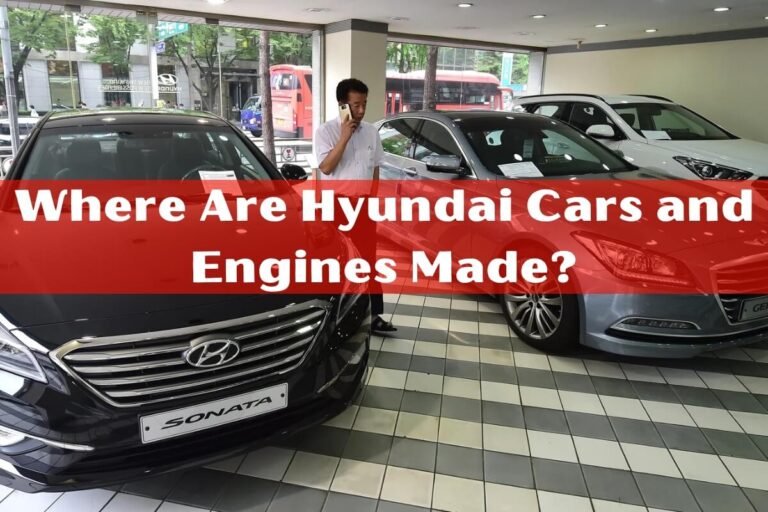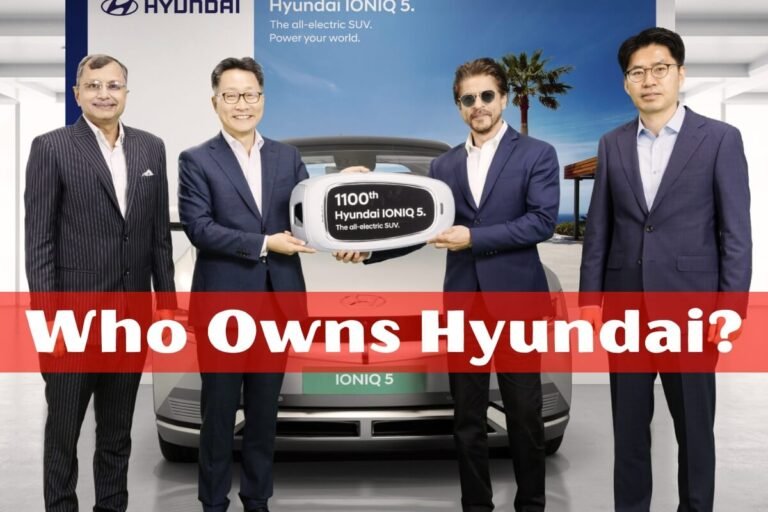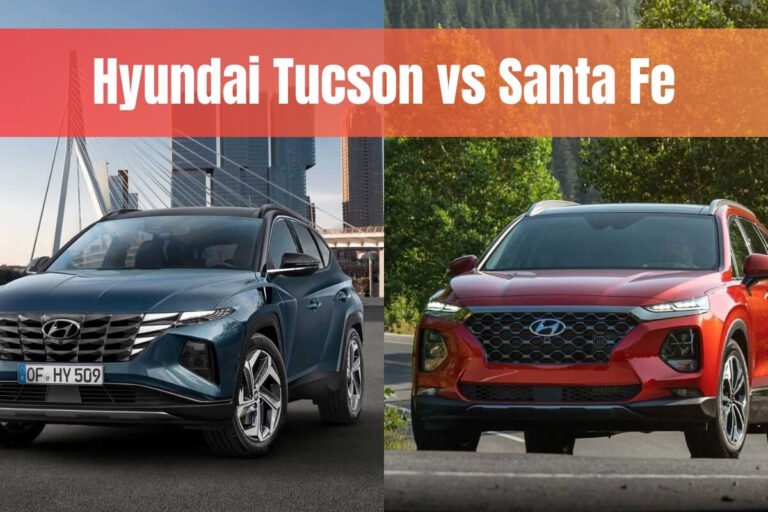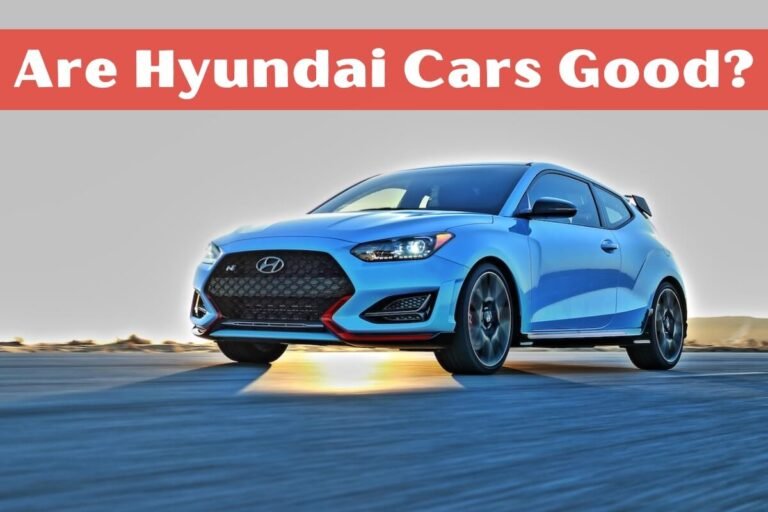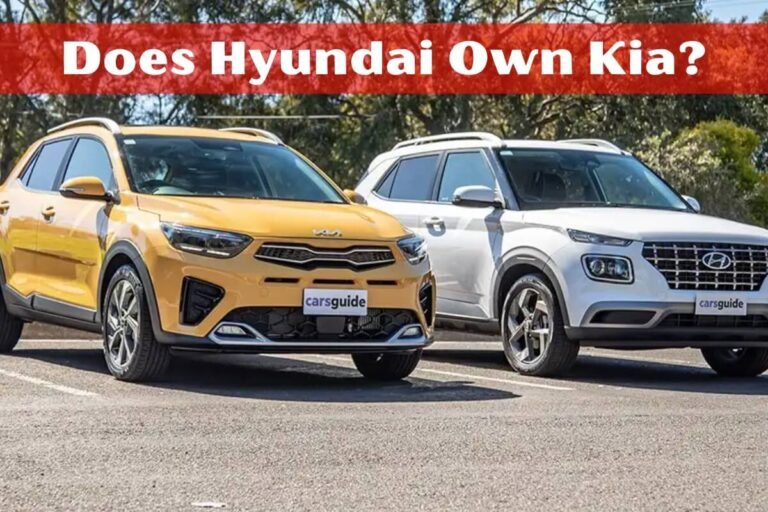Is Hyundai Korean? Exploring the Brand’s Origins
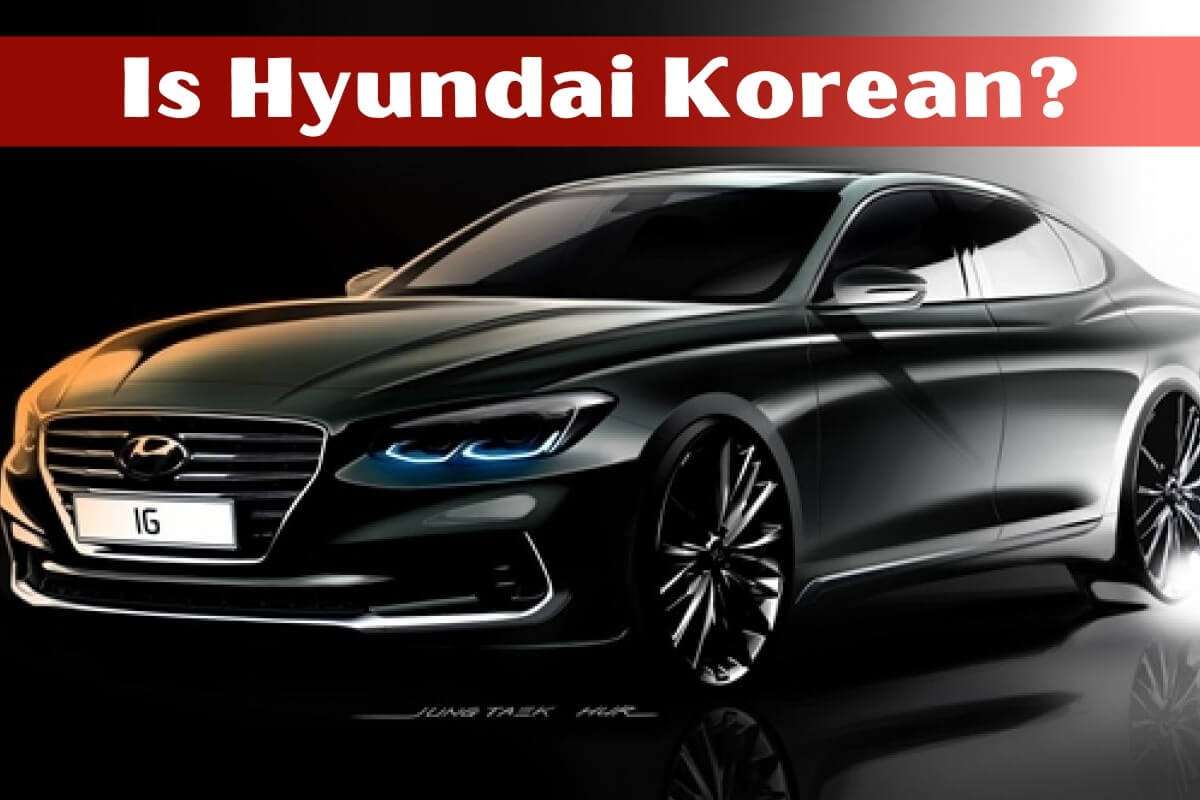
When it comes to the global automotive industry, there are a few names that resonate with car enthusiasts and consumers alike. One such name is Hyundai, which has become synonymous with quality, innovation, and value for money. But have you ever wondered about the roots of this brand? Is Hyundai Korean?
Yes, Hyundai is a South Korean multinational automotive manufacturer that has risen to become one of the largest and most respected automakers in the world.
Discover Hyundai’s fascinating history, from its South Korean roots to global success. Learn about its founding, early products, global expansion, and technological advancements. See how Hyundai compares to other brands, its strengths and weaknesses, and some surprising facts.
The Birth of Hyundai in South Korea
The story of Hyundai begins in 1947 when Chung Ju-Yung founded the Hyundai Engineering and Construction Company in Seoul, South Korea. The name “Hyundai” is a combination of two Korean words: “hyun,” meaning “modern,” and “dai,” meaning “era” or “generation.” From its inception, Hyundai played a crucial role in rebuilding South Korea’s infrastructure after the devastating Korean War.
In 1967, Hyundai ventured into the automotive industry by establishing the Hyundai Motor Company. This marked a significant turning point for the company and the beginning of a remarkable journey in the car manufacturing business.
Hyundai’s First Steps into Automotive Manufacturing
Hyundai Motor Company wasted no time in setting up its first integrated vehicle manufacturing plant in Ulsan, South Korea, which was completed in 1968. The same year, Hyundai launched the Cortina, a model developed in collaboration with Ford Motor Company. This successful partnership paved the way for Hyundai to develop its own proprietary vehicle.
In 1975, Hyundai unveiled the Pony, South Korea’s first mass-produced car. Designed by the renowned Italian designer Giorgetto Giugiaro, the Pony became an instant hit and marked Hyundai’s entrance into the global automotive market.
Expansion into Global Markets
Buoyed by the success of the Pony, Hyundai began exporting its vehicles to South America and Europe in the 1970s. The company’s international presence continued to grow, with Hyundai entering the UK market in 1982 with the Pony.
One of Hyundai’s most significant milestones came in 1986 when the Pony Excel was launched in the United States. This front-wheel-drive model set an all-time record for first-year sales, solidifying Hyundai’s foothold in the competitive North American market.
As Hyundai expanded its global reach, it established research and development centers in various countries, including Germany, to monitor technological advancements and design vehicles tailored to specific markets.
Hyundai’s Commitment to Quality and Innovation
In the 1990s, Hyundai recognized the importance of quality management and made it a top priority. The company invested heavily in improving the quality, design, manufacturing processes, and long-term research of its vehicles, especially in Europe.
During this period, Hyundai developed its first proprietary gasoline engine, the four-cylinder Alpha, as well as its own transmission. This marked a significant step towards technological independence and paved the way for further innovations.
Popular models like the Sonata, Accent, and Tiburon were introduced, catering to diverse consumer preferences. Additionally, Hyundai began experimenting with electric, hybrid, and fuel cell vehicles, demonstrating its commitment to sustainable transportation solutions.
Hyundai’s Modern Era and Future Outlook
In the 2000s and beyond, Hyundai has continued to focus on environmentally-friendly vehicles, introducing successful models like the hybrid Sonata and the Kona Electric, Europe’s first all-electric subcompact SUV. The company also launched its luxury brand, Genesis, targeting the premium automotive segment.
Hyundai’s commitment to future mobility and sustainable transportation solutions is evident in its ambitious plans. The company aims to lead the pollution-free mobility era by improving fuel efficiency, exploring new energy possibilities, and investing in cutting-edge technologies like autonomous driving and connectivity.
One of Hyundai’s most significant achievements in this regard was the introduction of the ix35 Fuel Cell in 2013, the world’s first commercially mass-produced hydrogen fuel cell vehicle. This groundbreaking innovation showcased Hyundai’s dedication to eco-friendly transportation solutions.
Interesting Facts About Hyundai
As we delve deeper into the history and evolution of Hyundai, several interesting facts emerge:
- Hyundai Motor Group Ownership: While Hyundai Motor Company is the flagship brand, it is part of the larger Hyundai Motor Group, which also owns the popular South Korean automaker Kia Motors. Hyundai Motor Company holds a 33.88% stake in Kia Corporation.
- Motorsports Involvement: In 2013, Hyundai expanded its reach into the world of motorsports by launching the Hyundai Motorsport World Rally Championship team. This move showcased the brand’s commitment to performance and innovation on the racetrack.
- Collaboration and Global Presence: Hyundai has established manufacturing facilities and partnerships across the globe, including in countries like the United States, China, India, and various European nations. This global presence allows the company to cater to diverse markets and leverage local expertise.
- Innovative Technologies: Hyundai has been at the forefront of innovative technologies in the automotive industry. In addition to its pioneering work with hydrogen fuel cell vehicles, the company has also made significant strides in developing high-performance electric vehicles, autonomous driving systems, and advanced connectivity features.
Is Hyundai Better Than Other Brands?
When comparing Hyundai with other established automakers like Toyota, Honda, and Ford, there are several factors to consider:
- Value for Money: Hyundai vehicles are often praised for offering exceptional value for money. The company packs its cars with numerous features and technologies at a comparatively lower price point than many competitors.
- Fuel Efficiency: Hyundai has consistently prioritized fuel efficiency, with many of its models boasting impressive miles per gallon ratings. This focus on reducing emissions and improving fuel economy has been a significant selling point for the brand.
- Technological Advancements: Hyundai has been at the forefront of introducing cutting-edge technologies in its vehicles. From advanced safety features to infotainment systems and driver assistance technologies, Hyundai has consistently pushed the boundaries of innovation.
- Warranties: One of Hyundai’s standout advantages is its industry-leading warranty program, often referred to as “America’s Best Warranty.” This commitment to customer satisfaction and confidence in its products has helped Hyundai build trust and loyalty among consumers.
While Hyundai has made significant strides in improving its quality, design, and overall brand perception, there are still areas where it lags behind some competitors. Historically, Hyundai vehicles have sometimes struggled with resale value compared to certain rivals. Additionally, in some markets, Hyundai still battles the perception of being a “budget brand” despite its impressive product lineup and technological advancements.
Let’s Complete
Hyundai’s journey from a humble construction company in South Korea to a global automotive powerhouse is truly remarkable. Through its commitment to quality, innovation, and customer satisfaction, Hyundai has carved out a significant presence in the international car market. While initially perceived as a budget brand, Hyundai has continuously improved its offerings, introducing cutting-edge technologies, stylish designs, and value-packed vehicles across various segments.
As the company looks towards the future, its focus on sustainable transportation solutions, electrification, and advanced autonomous driving systems positions it as a leader in the rapidly evolving automotive landscape. With its rich history, unwavering dedication to progress, and a strong global presence, Hyundai is poised to continue captivating car enthusiasts and consumers alike, solidifying its position as a formidable force in the industry.


